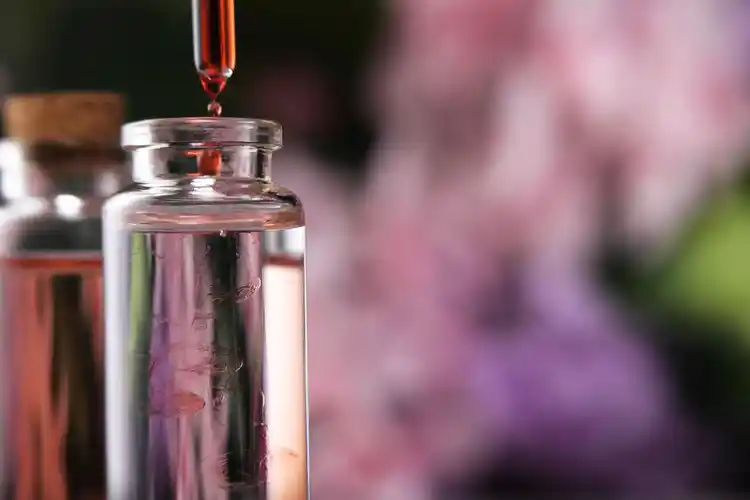The Truth About Essential Oils

Hide Video Transcript
Video Transcript
[MUSIC PLAYING]
Are essential oils harmless because they're natural? No. Essential oils can have side effects, especially when you put them directly on your skin without diluting them first. This can irritate your skin and cause an allergic reaction. Some oils are more likely to cause a reaction than others, like lemongrass or ylang ylang oil. Can you ingest essential oils? No, never. Many essential oils can poison you if you ingest them. You may inadvertently aspirate the oils if you ingest them, and the oils may get into your lungs, causing severe pneumonia. The FDA doesn't regulate these products. This makes it difficult to discern what's inside.
Can you use essential oils instead of medication? No. Essential oils should never be used as medicine, especially without telling your doctor. Do essential oils expire? Yes. If you don't store your essential oils properly, they'll spoil. This means they'll be more likely to cause allergic reactions. All essential oils will expire eventually. The bottom line, essential oils aren't harmless, but they're OK to use, so long as you're using them safely.
SPEAKER
Using essential oils, also known as aromatherapy, has become a popular trend during the past few years. But are essential oils completely harmless? Here's the truth about essential oils. Do essential oils actually help with anything? Yes. Lavender oil can be used to relieve anxiety or stress, and can help you sleep better. Lavender also has antibacterial properties. Peppermint oil can help with tension headaches when you put the diluted oil on your skin. Many people use tea tree oil to help with things like acne, bug bites and athlete's foot. Are essential oils harmless because they're natural? No. Essential oils can have side effects, especially when you put them directly on your skin without diluting them first. This can irritate your skin and cause an allergic reaction. Some oils are more likely to cause a reaction than others, like lemongrass or ylang ylang oil. Can you ingest essential oils? No, never. Many essential oils can poison you if you ingest them. You may inadvertently aspirate the oils if you ingest them, and the oils may get into your lungs, causing severe pneumonia. The FDA doesn't regulate these products. This makes it difficult to discern what's inside.
Can you use essential oils instead of medication? No. Essential oils should never be used as medicine, especially without telling your doctor. Do essential oils expire? Yes. If you don't store your essential oils properly, they'll spoil. This means they'll be more likely to cause allergic reactions. All essential oils will expire eventually. The bottom line, essential oils aren't harmless, but they're OK to use, so long as you're using them safely.
